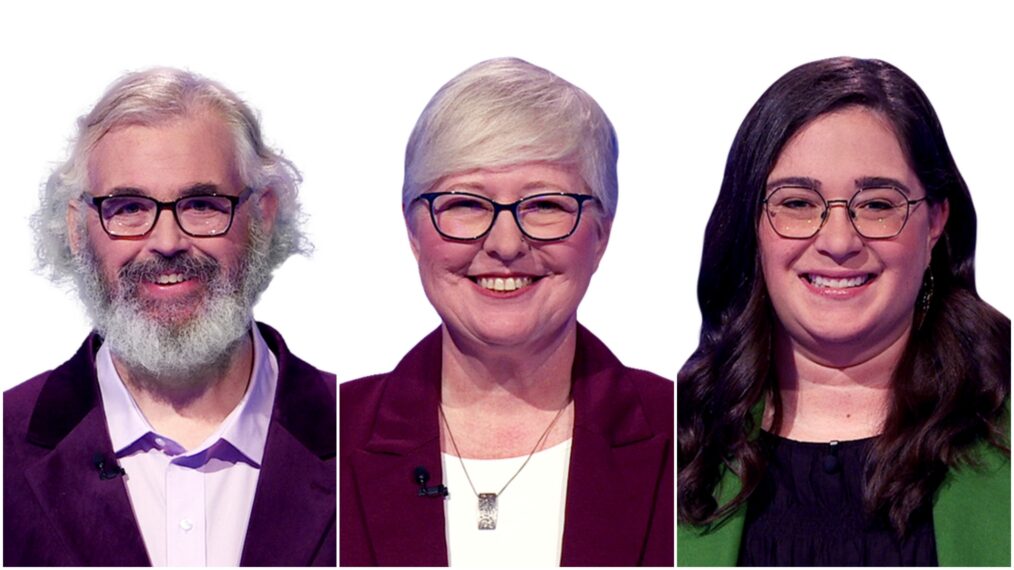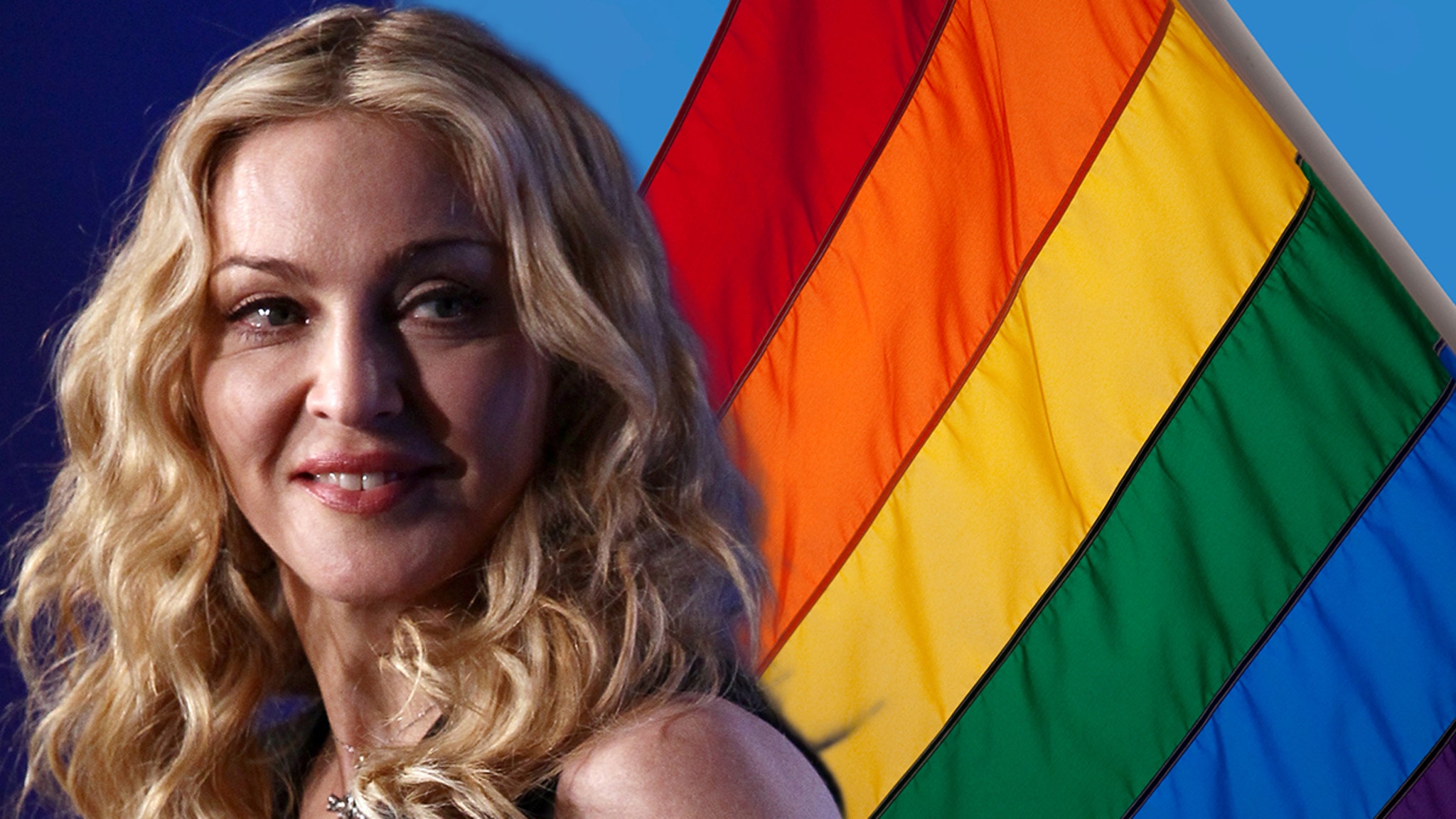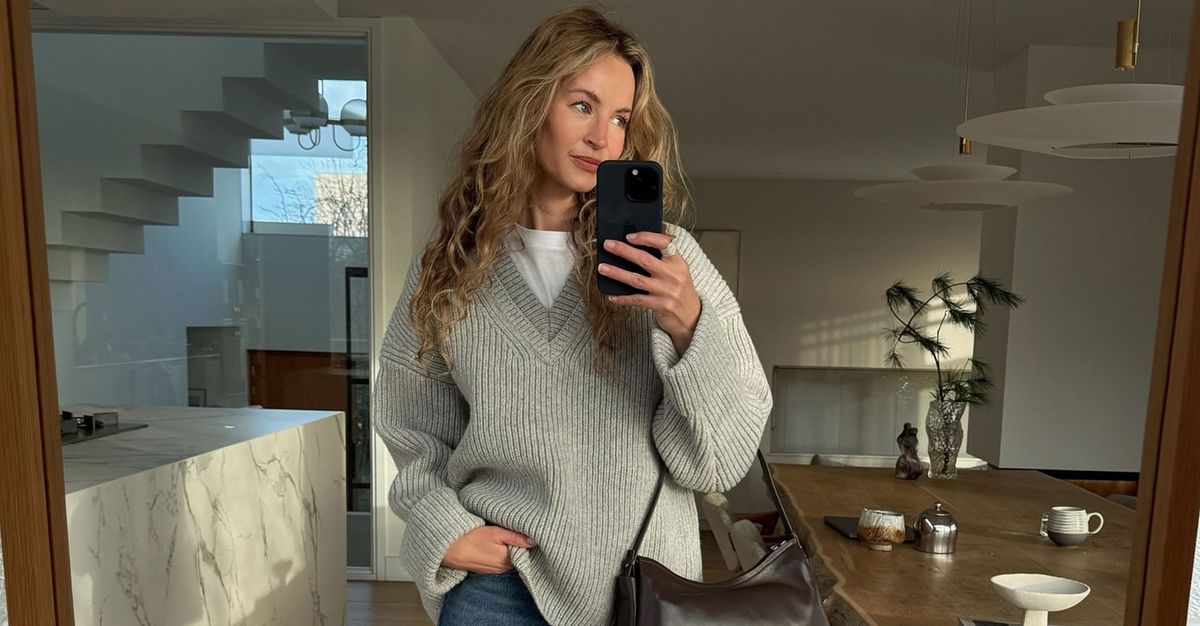Rishi Sunak is facing problems on multiple fronts as the row over his appointment of Dominic Raab as justice secretary deepens and his two predecessors as prime minister seek to tell him how to do his job.
On Friday, Downing Street did not deny media reports that a written complaint about the behaviour of Raab had reached the centre of government before Sunak appointed him to the Ministry of Justice in October last year.
Number 10 insisted the prime minister was not told about any “formal complaints”, but declined to say whether Simon Case, cabinet secretary, made him aware of any written complaints about Raab.
Some Conservative MPs believe Raab should step aside while an investigation by Adam Tolley KC into allegations that the justice secretary bullied civil servants is under way, sparing the prime minister and the government further political damage.
“It’s getting ridiculous,” said one former Conservative minister. “This is going on and on. It wears you out.”
On Saturday, former party chair Sir Jake Berry called for Raab to step aside.
Berry told the BBC: “When you have 24 allegations outstanding against you — I read in the newspaper there are 24 — it would be very bizarre if you had someone in any other workplace who wasn’t suspended pending that investigation.”
Berry said that “MPs and ministers are not some form of special human being — I think they should just be treated like anyone else is in their workplace”.
Downing Street said Sunak was waiting for the conclusion of Tolley’s report before deciding Raab’s fate; it did not deny a report in The Times that Case was personally informed of a written complaint about Raab before Sunak reappointed him as justice secretary.
The Financial Times has been told by one person close to the process that at the time of Raab’s appointment there were a number of written complaints relating to his conduct in his first spell as justice secretary from September 2021 until September 2022.
Raab denies bullying and Number 10 has said Sunak launched the independent inquiry when he was “made aware of formal complaints”.
One person familiar with the investigation insisted that civil servants made no formal complaint about Raab’s behaviour because they doubted that the then prime minister Boris Johnson would approve an investigation.
However, the person insisted the Cabinet Office’s propriety and ethics team, which briefs prime ministers on ministerial appointments, had been made aware in writing of complaints about Raab’s conduct.
The Cabinet Office said any person making a written complaint has to choose whether to make a “formal complaint”, which would then trigger a formal process.
Downing Street said: “There are processes within departments for civil servants to make formal complaints. Those processes are known to civil servants should they choose to want to make a formal complaint.”
Sunak was asked repeatedly in a BBC interview at the G20 in Bali last November whether he had been made aware of informal complaints against Raab. He said only that he had been aware of no formal complaints.
Asked whether Case had failed to pass on written complaints about Raab, Number 10 said: “We’re not going to get into the process of appointments or advice that the prime minister does or doesn’t receive.”
Case is already facing heavy criticism, including from senior officials, for failing to uphold high standards in government and for allegedly not defending the interests of civil servants.
Meanwhile Sunak, weakened by a series of rows over his cabinet appointments, now faces the additional problem of getting public advice from his two predecessors as prime minister.
Liz Truss, whose disastrous 44-day premiership ended last October, will break her silence this weekend in a lengthy article in a Sunday newspaper in which she is expected to renew her calls for immediate tax cuts.
Truss, unbowed by the disintegration of her own economic policy last year, is expected to increase pressure on Jeremy Hunt, the chancellor, to announce tax cuts in his March Budget to boost the economy.
Hunt and Sunak have made it clear that significant tax cuts will have to wait and that fighting inflation is the main target, but Truss is among an increasing vocal number of Tory MPs calling for action now.
Meanwhile, Johnson, who resigned as prime minister last September, has called on Sunak to send more tanks to Ukraine, on top of the 14 Challenger 2s that the UK has already committed.
In an interview with his close ally Nadine Dorries on TalkTV, Johnson said on Friday: “I tell you this, Nadine, it wouldn’t be a bad thing if we gave some more tanks ourselves.”
Sunak has insisted he is not irritated by Johnson’s high-profile campaigning for Ukraine, which has included visits to Kyiv and Washington. However, he has pointed out that he has increased military support for Ukraine compared with the levels being sent while Johnson was in office.
Also in the interview, Johnson, who faces a House of Commons inquiry into whether he misled MPs by insisting he broke no rules with parties during coronavirus lockdowns, stuck to his stance that he never knowingly breached any regulations.
He also appeared to side with Conservative MPs calling for tax cuts before the next general election.
“I have no doubt that, when the time comes, the government will make sure that they start to reduce the tax burden and get the economy growing again and that is what needs to happen,” Johnson told Dorries.


























































![Mason Ramsey – Twang [Official Music Video] Mason Ramsey – Twang [Official Music Video]](https://i.ytimg.com/vi/xwe8F_AhLY0/maxresdefault.jpg)



















:quality(85):upscale()/2025/01/15/863/n/49352476/9e69ba8767880fdc9084b2.84057222_.png)

